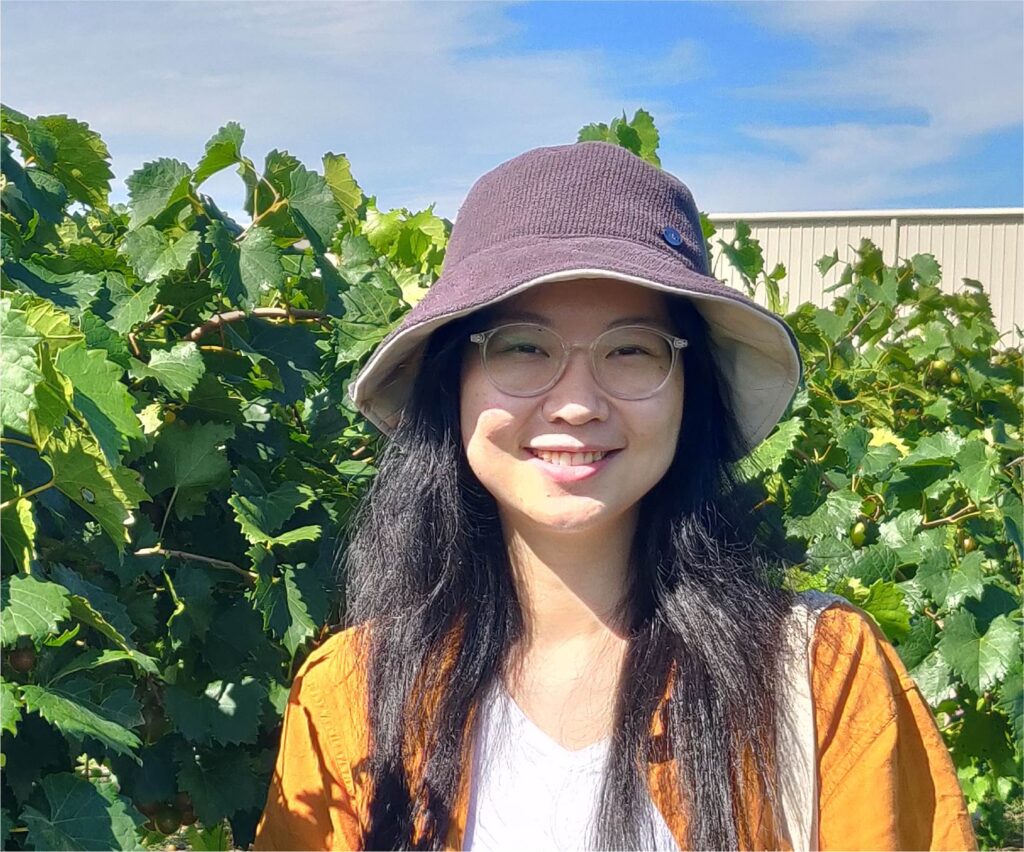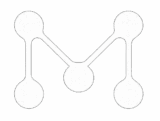People

Pu Zhang, PhD
Incoming postdoc & co-founder of the lab
Ph.D., Cell Biology and Physiology, University of North Carolina at Chapel Hill, 2025
M.S., Microbiology and Immunology, University of South California, 2019
B.S., Biological Sciences, Fudan University, 2017
With an aspiration to conquer cancer, Pu Zhang joined Dr. Yao Li’s lab at Fudan University in 2015. Under the mentorship of Dr. Li and then graduate student Xuechao Wan, she developed a strong interest in the cell biology of cancer. In 2017, she moved to the University of Southern California and joined the lab of Dr. Amy Lee, where she explored novel functions of the endoplasmic reticulum chaperone GRP78 on the surface of cancer cells.
Her undergraduate and master’s research experiences led her to realize that cancer cells were not as creative as she had once imagined — most of their “weapons” are derived from fundamental principles of cell and developmental biology. To trace these mechanisms back to their origins, she joined Dr. Bob Goldstein’s lab at the University of North Carolina at Chapel Hill, where she investigated how cells change shape during development.
Apical constriction is one of the most important cell shape changes, playing a critical role in tissue remodeling and homeostasis across developmental and physiological contexts. To systematically uncover the functions and regulation of various actin-binding proteins during apical constriction, Pu used the transparent and rapidly developing C. elegans embryo as a model. She employed CRISPR/Cas9-mediated genome editing to endogenously tag all actin-binding proteins expressed in early embryos. Departing from traditional genetic screening approaches, she pioneered a workflow of “fluorescent tagging – imaging – network construction – hypothesis generation – testing and validation,” enabling an unbiased and systematic analysis of the dynamics and functions of actin-binding proteins.
Through this work, she hopes to help shift the study of cellular behaviors from static “parts lists” toward dynamic “network maps.” This research experience also ignited her broader passion for systems-level exploration of biological questions. Fortunately, her longtime friend and undergraduate classmate Xuhang Li will soon establish a systems biology laboratory at Peking University. Pu looks forward to collaborating with him to build a research platform and to systematically address fundamental questions about metabolism.
Representative publications:
Zhang P, Medwig-Kinney T, Breiner EA, Perez JM, Song AN, Goldstein B (2025). Cell signaling facilitates apical constriction by basolaterally recruiting Arp2/3 via Rac and WAVE. Journal of Cell Biology 224(5):e202409133.
Zhang, P.*, Medwig-Kinney, T.N.*, Goldstein, B., 2023. Architecture of the cortical actomyosin network driving apical constriction in C. elegans. Journal of Cell Biology, 222(9).
Tseng, C. C.*, Zhang, P.*, and Lee, A. S., 2019. The COOH-terminal proline-rich region of GRP78 is a key regulator of its cell surface expression and viability of tamoxifen-resistant breast cancer cells. Neoplasia, 21(8), 837-848.
Zhang, P.*, Lu, Y.*, Kong, Z., Zhang, Y., Fu, F., Su, X., Huang, Y., Wan, X. and Li, Y., 2019. Androgen‐responsive lncRNA LINC00304 promotes cell cycle and proliferation via regulating CCNA1. The Prostate, 79(9), pp.994-1006.
Zhang, Y.*, Zhang, P.*, Wan, X., Su, X., Kong, Z., Zhai, Q., Xiang, X., Li, L. and Li, Y., 2016. Downregulation of long non-coding RNA HCG11 predicts a poor prognosis in prostate cancer. Biomedicine & Pharmacotherapy, 83, pp.936-941.
